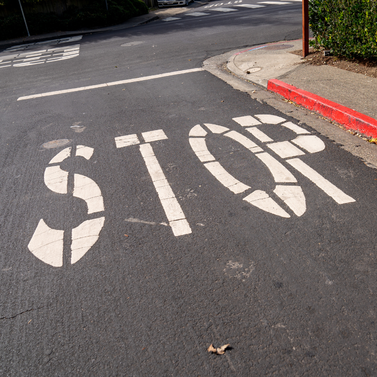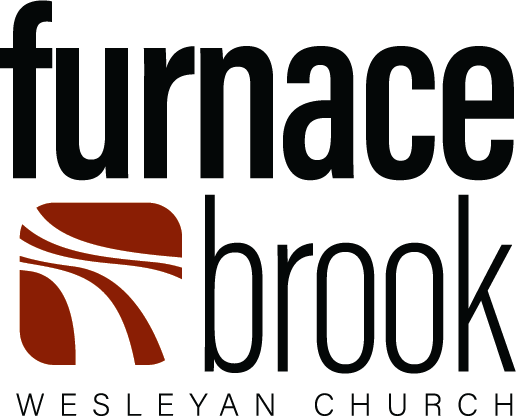 This can be a difficult time of year to drive in Rutland. Much of the striping on the roads has been worn off and what remains is sometimes obscured by snow and grit. Out of staters, who are driving through on their way to or from the slopes, are doing their best to surmise the proper lanes. But their guesses often run contrary to precedent and they end up irking local drivers who are still heeding lines that are painted nowhere but in their determined memories. It’s a wonder there aren’t more collisions. Here’s a little vocabulary for you; “mores” (pronounced mor-aze) is a word that means all of the conventions, norms, and cultural expectations of a society. The sense that if someone tells you “good morning” you are obliged to respond in kind is not a matter of morality or law, but of our mores. Now the distinction between mores and morality and the law can get blurry in places, and there is overlap. A particular transgression may only have legal significance, or only moral significance, or may only matter in the social realm. Or a transgression may have implications in all three areas. But here’s an important difference between these three. Morality does not change (not from time to time, or place to place, or person to person.) Laws, when they change, do so definitively: one day it’s illegal to bet on sports, the next day it’s all but mandatory. But mores are tricky. Sometimes a culture’s mores are definite and enforced. But there are seasons when the mores are up for negotiation, when, after a long winter, the lines on the road that we’ve relied on for smooth traffic, are barely discernible and easily ignored. During those seasons new traffic patterns emerge. Suddenly, drivers who are sticklers for the old, “right” way of driving are the ones whose stubborn insistence on precedent is the cause of the accidents that inevitably occur. The new lines don’t start faint and then grow bold over time. When the cultural road crew puts down the new lines, lines that reflect the new traffic patterns, they get put down in vivid yellow and bright white, and everyone has to come to terms with these new lines or get off the road. Hardly anyone maintains an objection to women wearing tights in public anymore, but quaint as it might seem to you, that was a matter of much contention until pretty recently. Why am I devoting so much space in our church’s newsletter to this topic? The church tends to be filled with the sort of people who as drivers in March are making a point of faithfully abiding by traffic lines that have grown so faint that many others are disregarding them with a clear conscience. We can be sticklers. I am the worst stickler of all. And that’s not all bad. Sometimes the old traffic patterns are, objectively, superior to the new ones. But we, as an outpost of the Kingdom, are responsible for the gospel and for shalom, the right ordering of the world. When we get preoccupied with the business of policing mores we tie up energy in defense of the previous ordering of the world that ought to be going to the right ordering of the world. Houghton University is a Wesleyan school in Western New York which was founded by a man who was saved from a disastrous life by a wonderful Jesus. He founded a school where other people, regardless of class or background or financial condition, could be equipped to join him in the work of pursuing “shalom” in Jesus’ name. And Willard Houghton signed all his letters with “Yours For Fixing Up the World.” I love that. If we’ve been guilty of resigning ourselves to all sorts of potholes in the road, so long as people stay within our painted lines, let’s repent. Let’s devote ourselves to “fixing up the world” for Jesus in such a way that our neighbors are glad to have us on the imperfect road with them.
0 Comments
Leave a Reply. |
Furnace Brook Wesleyan Church Blog
|

 RSS Feed
RSS Feed